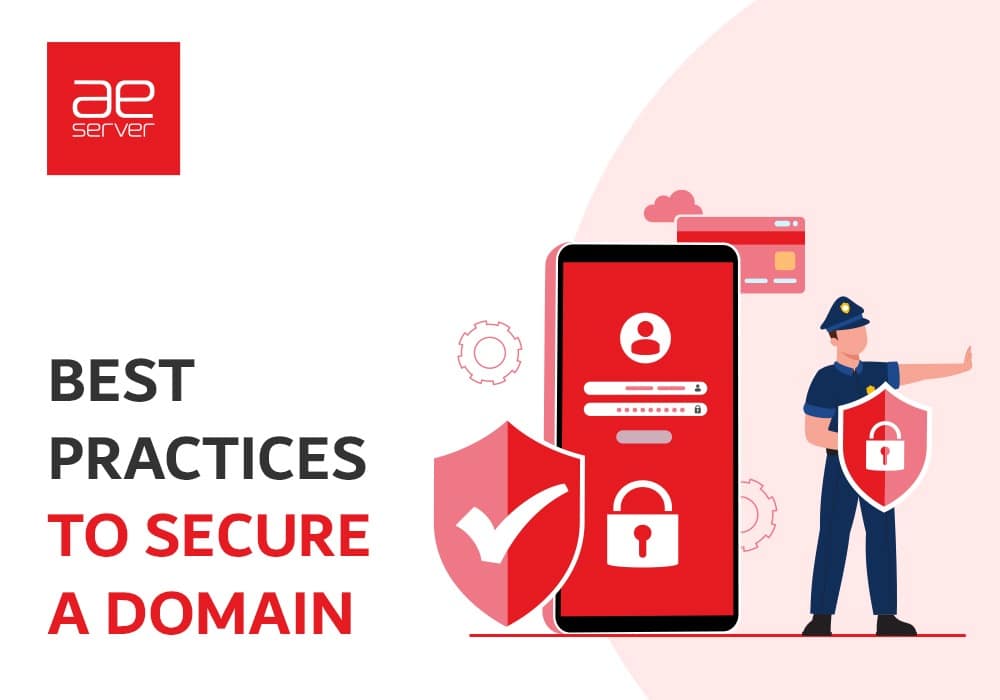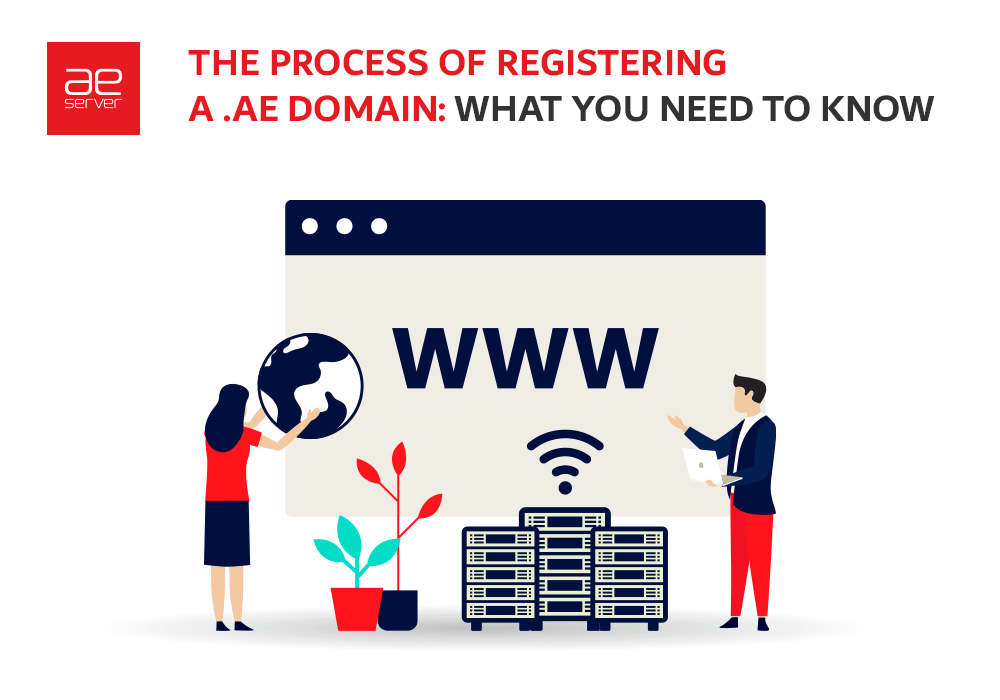
Best Practices To Secure a Domain (Guide)
Choosing and registering a domain is the first step to your online presence. It’s much more than just a website address. It’s a valuable part that represents your business; therefore, it’s necessary to protect it against malicious activities.
Ever Think About What Will Happen if Your Domain Gets Compromised?
You’ll have to pause doing business online while rebranding and marketing your new domain, and you might lose your customers in that time. You’ll lose access to your domain-based email account, which is probably set up to receive the password reset for your bank or something equally important. Therefore, it’s essential to implement the best practices to secure your domain.
Here are some tips by our experts that you can use to avoid or reduce the chances of your domain being stolen.
Register the Domain to Your Company’s Name
Do not register a domain name under a single person’s name, and the person can be your employee responsible for your domain management. If you let your employee manage your domain, then make sure to register the domain to your company’s name rather than your employee’s name. By doing this means, your company owns the domain, not your employee.
And if you registered the domain to an employee, you’re giving him the authority of your domain. It is a risk doing it so. If your employee leaves the company or is displeased, he can easily steal your domain. And then reclaiming ownership of the domain can cause you a lot of money and time, maybe a year.
So, a domain name should be registered to a corporate entity to continue without disturbance if anyone leaves the company.
Use a Reputable Domain Registrar
Many small-scale domain registrars have a higher chance of going out of business. Many users are attracted to them because they are cheap, but users don’t know what security issues they can face with small-scale registrars. Some users think that they are tech experts and can handle security issues. Indeed they can so that choosing a reputable registrar doesn’t matter but, what if their domain registrar shuts down the business? You’ll lose access to your domain, nothing worse.
Always choose a trustworthy domain registrar who has substantial experience and can guarantee you maximum domain stability.
Turn On the Registrar Lock
Domain names can be locked to safeguard unauthorized changes. Always lock the transfer of your domain by turning on the registrar lock. If you leave your domain unlocked, you’re allowing thieves to easily delete, transfer or modify your domain without your permission. But as long as your registrar is locked, the thief cannot transfer it, and then he first has to get access to your account to turn it off.
Choose a Solid Password
This security practice is a big one. Poor password choice remains a top data security threat.
Start with a good password that is nearly impossible to guess or hack to gain access to your domain account.
Do not use a single password in multiple places because it will be easier to gain access to your other accounts if you do so. Make sure the domain account’s password is unique.
For more, you can use the best tips and tricks here to generate a strong password.
Implement Two-Factor Authentication
With even a strong password, cybercriminals can hack into your account with other techniques.
Two-factor authentication, also known as two-step verification. Is a security layer added to your account that works like this: when you enter a password, you’ll receive a unique code to your smartphone that you’ll enter in addition to your password every time you log into your account, which means the hacker will need access to your password and your phone both at a time in order to login to your account.
Tip: To increase the security of your domain, pair a strong password with two-factor authentication.
Use a Secure Email Account
Your email address is a way that leads to access to your domain. It’s essential to do good security practices to protect your email.
Besides using two-factor authentication, it is essential to update passwords on your email accounts regularly.
It is better to use two email addresses, one for contact information and one to log into the domain registrar account; it will make it harder for the thieves to guess the credentials, including the email account they need to hack to steal the domain. In case if your domain is stolen, you’ll still have access to your email.
Make sure to regularly check the email you use for the domain name because some email services delete the email if it’s inactive for a long period.
Purchase a Domain Name Privacy
An Investment in your domain name security will give you a long-term advantage.
Domain name privacy is additional protection against unwanted inquiries, such as who the owner of the domain is, their contact, and any other information related to them.
All the reputable registrars are providing domain name privacy protection. If you’re a customer of AEserver, you can buy your domain privacy here. After purchasing domain privacy, if someone tries to access your personal information, they will only get the information about AEserver. Your information will remain protected.
Related: How to keep your Domain Information Private
Monitor Expiration Dates
Set up a plan to monitor the expiration date of your domain name. Domain owners usually forget to renew the domain registration, and it mostly happens when you have multiple domains registered.
One good option that can help prevent you from forgetting to renew it is registering your domain name for a long time, like for ten years.
Use a Domain Name Monitoring Service
Using a domain name monitoring service can cut down all your monitoring work, save time, and prevent human errors. This service can keep a check on your domain activities and will notify you if a change occurs.
The services are pretty affordable and can look up for every domain activity that includes changes in registrar lock, registrars, nameservers, whois record, etc.
Beware of Scammers
Domain owners must be careful responding to any email; some people with evil intentions are out trying to trick you by pretending to be a registrar of your domain. They can try to send you an email about your domain name and trick you into paying them. This act is usually known as phishing. If you’re in doubt, delete or ignore them, or you can go directly to the website and contact the registrar if you have any questions.
Better Safe Than Sorry
Unfortunately, many people don’t think about protecting a domain until they suffer from some significant incident. If you don’t make domain name security a top priority, threats can end up costing your business a lot of money or even cause you to lose your business. Think about your domain before it gets too late because your domain is an asset, and its security is dominant.
The methods we provided in this article are enough to get you started with your domain name security. Do the best practices now if you haven’t, and save your domain. If you have any questions about other security services AEserver provides, contact our customer support. We will be pleased to help you with what you need.
Stay safe!



